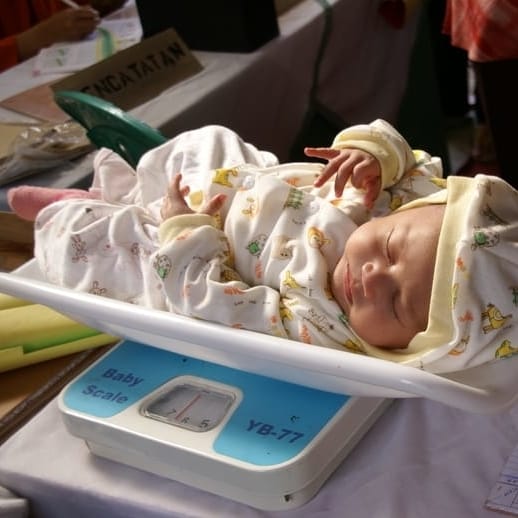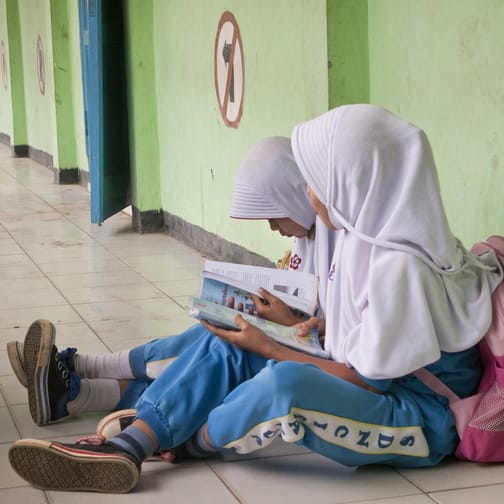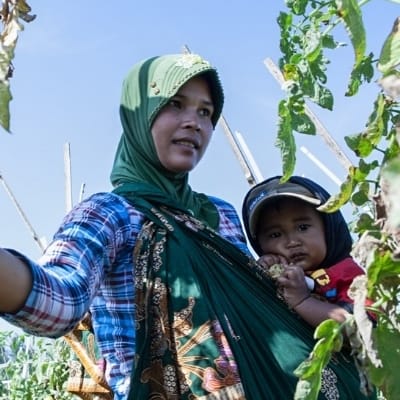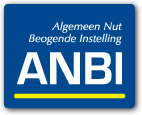Children and Health
Youth and Education
Women and empowerment
Projects
The main goal of Java Village is to support the most vulnerable residents of Cisarua, mostly women and children. About 40% of the nearly 8100 residents live below the poverty line. A third of the women are wage earners of their family. These women make long hours on the tea plantation and in their garden plots, and hardly earn enough to buy rice and a little salt fish. To make ends meet they have to borrow from their employers, and consequently end up in an enduring debt relationship.
Divorce is quite common in the village – on the one hand caused by poverty, on the other by marriage at a very young age. Half of the women are married before they reach the age of nineteen. It is not uncommon to see sixteen year old girls walking around with a baby on their hip. Young marriages often result in divorce, with all the negative consequences for mother and child.
The Foundation works together with these women to break the poverty circle and to build a brighter future for themselves and their children by initiating and completing projects in the field of health, education and economy.
Click on one of these buttons to learn more about our projects.
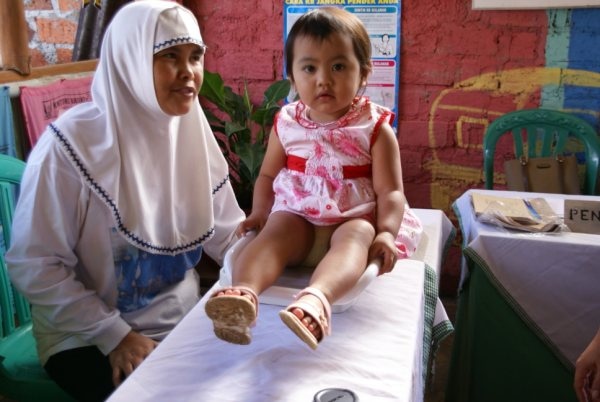
Yoyoh’s story
Thanks to a scholarship raised by a donor, Ibu Yoyoh was able to be trained to become a qualified midwife. She is now a nurse at the tea plantation’s health post. As this part of the village is right at the end of a road, and therefore too far from the central health clinic, Ibu Yoyoh’s assistance was often called for at births. After obtaining her degree as a midwife she is now fully qualified to assist women give birth to their babies.
Children and Health
The mortality rate among the often very young mothers and new-borns is still extremely high. Together with local midwives, we have set up health centres in every neighbourhood of the village, where women are provided with information, and pregnant women and mothers with their new-borns receive health checks. Java Village supports the local health centres with training, such as that for early detection of cervical and breast cancer, and the early identification of irregular development of babies and toddlers. As follow up to its incidental support for handicapped children, the foundation is preparing a programme to not only to support handicapped children more structurally but also to focus on malnourishment, and children with a growth disorder.
Completed projects
With the building or renovation of eight health posts (posyandu), the foundation initially focussed on basic (baby and child) health care. It also invested in health training. A total of 47 health care workers have received additional training from the professional staff of the central clinic. Training has also been given to teachers of the primary school and a dental assistant. Special training was organised for the so called ‘doctors kecil’ (small doctors), pupils at the primary school who can assist in providing first aid at school.
With the Foundation’s help, the annex of the main clinic in the village received a new inventory, medicine cabinet and a dentist’s chair. At the main clinic in the neighbouring village, which covers 28,000 inhabitants, a new laboratory was installed for simple blood tests, for instance to detect the common decease of tuberculosis. Through separate donations a nurse received a scholarship to follow training to become a qualified midwife. In cooperation with the Medical Help Indonesia Foundation (Stichting Medische Hulp Indonesië) Java Village was able to help handicapped children with physiotherapy, a wheel chair and medicine.
Youth and Education
With help of Java Village the educational environment has improved a lot in the village. The Foundation has invested in computer lessons, and sponsors a local initiative, Rumah Belejar Cisago (an education centre), where students can improve their English and their computer skills. It also organises meetings and discussions for the youngsters, male and female, to support and prepare them for issues regarding their young adult (working) life, including reproductive health. In cooperation with the village council the foundation is working on a digital library for youth and adults.
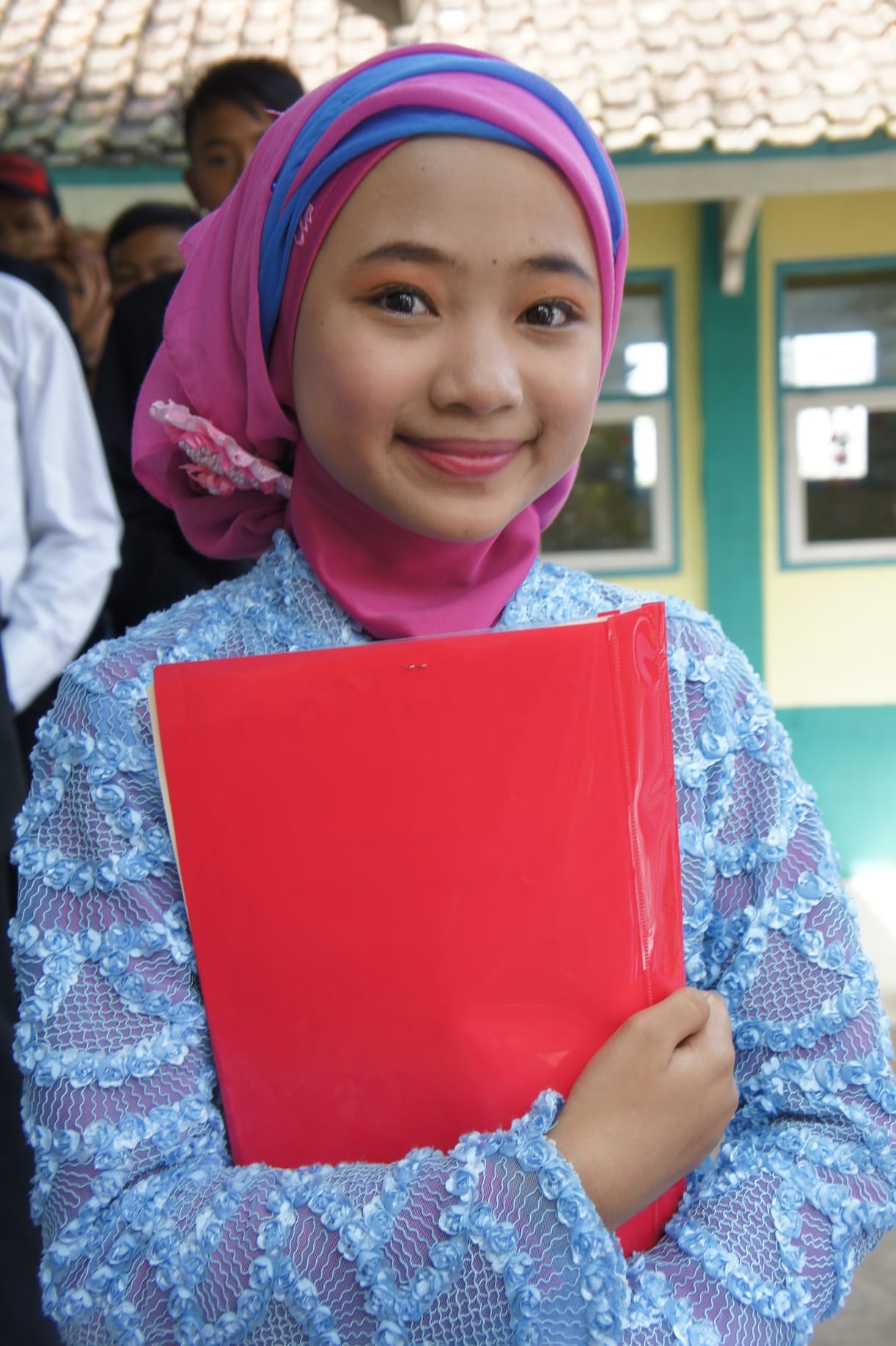
Sponsor a Student
As the village doesn’t have a secondary school, going to secondary school outside the village involves considerable costs. Many families are not able to afford the daily costs of transport and lunch packets. Unfortunately, therefore, only half the children attend junior high school outside of the village. It’s mostly the girls that stay at home to help their families. Our ongoing project Sponsor a Student wants to help the children who come from poor and vulnerable (one parent) families to be able to continue their education and provide them with better prospects regarding their future. We have been able to send over a hundred children to junior high school since the beginning of this project in 2008. Most of these children have succeeded in continuing their education by going to senior high school, mainly for vocational education. You can support a student by donating € 12,50 per month or € 150 per year.
Fitra
Fitra was among the first SaS students. After completing the first three years of junior high school (Sekolah Menengah Pertama) in the neighbouring village she continued her education in the nearby town, and became a teacher. This would not have been possible without SaS.
Maria Peters Scholarship
On 17 November 2019 Java Village, encouraged and supported by the Peters family, founded the Maria Peters Scholarship, in commemoration of Maria Peters, who unexpectedly passed away in 2016, following complications from a pulmonary embolism. Many knew Maria as a committed internist with a generous heart for people in need, and also as a dear and dedicated Friend of Java Village. In honour of her, her family took the initiative, together with Java Village, to found this special grant for excellent students.
The goal of the Maria Peters Scholarship is, building on Java Village’s Sponsor a Student (SaS) project, to enable village students to continue their education at junior high school (SMP), followed by three final years of high school (SMA) or vocational education (SMK).
Completed projects Youth and Education
The first project of the Java Village Foundation, when it started in 2007, was the extension and renovation of class rooms of the two primary schools in the village. Classes of eighty students belong to the past now! The subsequent SaS project is still very successful in helping students to be able to follow secondary education. Every year our fieldworker Titi Setiawati, in cooperation with the local teachers, selects ten children, including at least five girls, to receive support from SaS. Over the years Java Village has also helped to provide flushed toilets, libraries and computers for the schools, and has included training.
Java Village has supported projects at the local and main health clinics to provide counselling and dental care for youngsters. The eight local clinics (posyandu) now include the so called PAUD classes, a government sponsored educational programme to support pre-schoolers from disadvantaged families.
Women and Empowerment
The Foundation is helping local women to organize themselves and work on financial independence. We are doing this in cooperation with the regional women’s organisation PPSW Pasoendan, Between 2012 and 2015, local women founded saving and micro-credit groups, where they have learned to save and budget, how to turn ideas into action and how to set up small businesses by means of a micro credit. A local forum has been set up by the groups, named Cut Nya Dien, to discuss and coordinate the internal processes.

Dodol Tomat
Dodol Tomat, is a local sweet made of tomatoes. The local saving groups have successfully invested in the production of this sweet. Tomatoes grow abundantly in the gardens of Cisarua and via this sweet a more sustainable product has been created.

